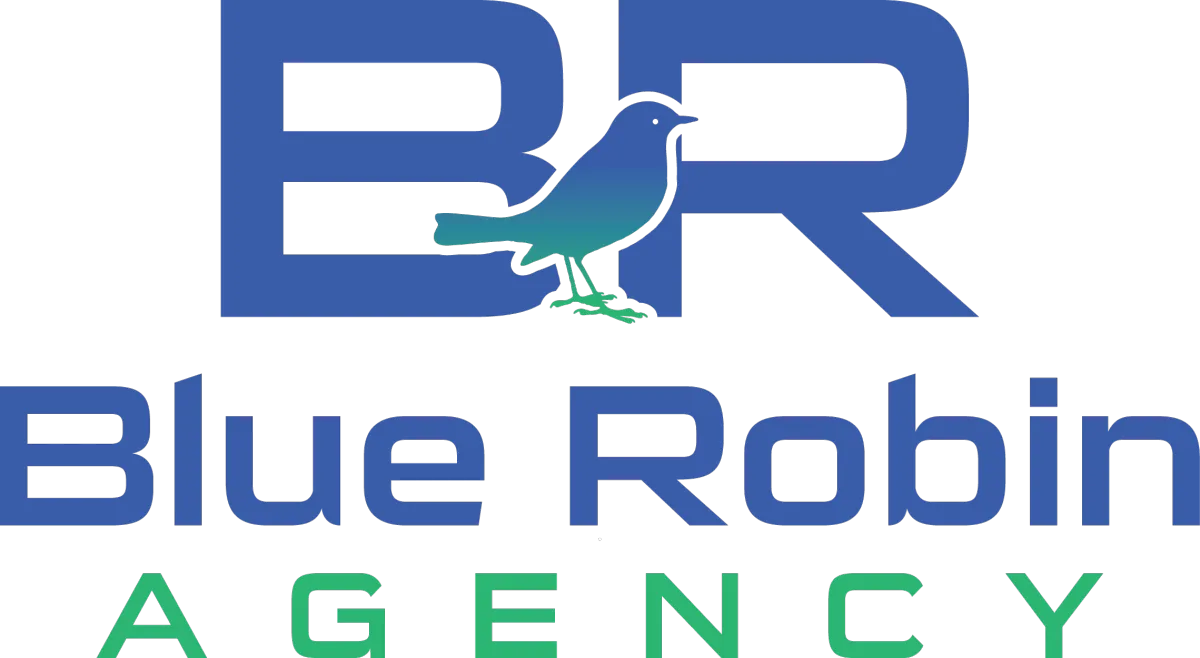Types of life insurance explained
There are two primary categories of life insurance: term and permanent. Term life insurance lasts for a set timeframe (usually 10 to 30 years), making it a more affordable option, while permanent life insurance lasts your entire lifetime. There are multiple types of permanent life insurance, including whole life, universal life, and variable life insurance. There's also a specific type of whole life insurance called final expense or burial insurance that covers end-of-life expenses.
What are the different types of life insurance?
There are generally five main types of life insurance along with a few other less common types of life insurance reserved for those with special circumstances.
Jump to a section using the links below to learn more about:
Term life insurance
Term life insurance is generally more affordable than permanent life insurance. It provides coverage for a set number of years, paying out as long as your policy hasn't expired and you've paid the premiums. You can lock in your rate for the entire term period, which makes budgeting and planning easier.
At the end of the term period, and based on the product options available, you may be able to renew your policy at an adjusted rate. However, you can typically only renew a term life policy on a year-to-year basis — not for another term period. Your new rate will be based on your age and health at the time of renewal, and you may or may not need a medical exam to obtain coverage. You may also be able to convert your term life policy to whole life at the end of your term.
Whole life insurance
Whole life insurance is a type of permanent life insurance that provides coverage for your entire lifetime, paying your benefit no matter when you pass away — as long as you keep paying your bill. Whole life insurance also includes a savings component that a portion of your premium will pay into. The savings component has a fixed interest rate that builds cash value over time, which is part of the reason whole life policies typically cost more than term life policies with similar coverage.
The cash value of your policy won't affect the death benefit paid out upon your passing. However, if it grows to equal your death benefit amount by the time you're a set age (usually 100 or 120), your insurer will terminate your policy and pay out the coverage amount.
If you're not banking on living to 100, you can withdraw some cash value funds as a life insurance loan. There's typically no credit check required and a minimal loan approval process. You repay the loan with interest, or if you pass away before returning the funds, the remaining loan amount and interest will be withdrawn from the payout to your beneficiaries.
Universal life insurance
Universal life insurance is another permanent life insurance option, providing coverage for your entire life as long as you pay the premiums. It's sometimes called adjustable life insurance because it offers more flexibility than a whole life policy. For example, universal life policies allow you to increase or decrease your death benefit and even adjust or skip your monthly premium (within certain limits).
As with whole life, a universal life policy has a savings component that grows and allows for borrowing. However, a universal life policy works differently than a whole life policy in two key ways:
The interest rate for a universal life policy's cash value is not fixed. You'll have a guaranteed minimum interest rate, but in general, the rate at which your cash value builds can change over time based on market conditions.
Your universal life policy's cash value can eventually grow and result in a zero-cost policy, in which all premiums are paid from the built-up value.
Variable life insurance
Variable life insurance is a riskier type of permanent life insurance. A common variable life insurance policy design is built on two pieces:
A face value death benefit: Just as with whole life and universal life, when you purchase a variable life policy, you'll select a fixed death benefit to be paid out upon your passing as long as you pay your premiums.
A variable cash value: Your cash value will rise and fall based on your payments and the performance of your selected investments. Unlike with whole life, your variable life cash value can be part of your death benefit.
The greater range of investment options offered by a variable life policy means it could, in the long run, provide a greater benefit to your beneficiaries when you pass away — especially if you're a savvy investor. But it also opens you up to much higher risk, fees, and costs than whole life or universal life policies.
Final expense life insurance
Also known as funeral or burial insurance, final expense insurance is a type of whole life insurance that offers a smaller and more affordable death benefit designed to help cover your end-of-life expenses like funeral costs, medical bills, or outstanding debt. While other types of life insurance may have age and health requirements, final expense policies can be easier for older or less-healthy individuals to qualify for. A final expense policy's cash value operates the same as a whole life policy's, building value at a fixed rate over time.
Other types of life insurance
Indexed universal life insurance is a type of permanent life insurance with a cash value that grows based on a stock market index such as the S&P 500 or the NASDAQ. You can adjust your premium as the cash value of the policy increases, which can result in a policy whose cash value pays the premiums.
Simplified issue term life insurance is a type of life insurance that doesn’t require a medical exam. This can be beneficial for healthy individuals who need a policy quickly because the approval process can be much faster. Depending on the insurer and policy, coverage could begin within minutes to a few days compared to a standard life insurance policy that could take a month or longer. This type of life insurance generally costs more and could have a smaller coverage amount due to the increased risk the insurer takes on by simplifying the application process.
Instant life insurance is a specific type of simplified issue policy that you can apply for online and often get a decision within minutes. Instant life insurance is similar to simplified issue but may have higher and more affordable coverage options.
Guaranteed life insurance is a type of policy that does not ask medical questions and your application cannot be turned down.
Other kinds of non-traditional life insurance include:
Supplemental life insurance can provide additional coverage beyond what your company's group life policy offers. You can purchase it from your employer (if offered) or a private insurance company for an additional premium.
Survivorship life insurance covers two people on a single policy that pays a death benefit once both policyholders have passed away. A type of joint life insurance, survivorship policies can be part of an estate plan and a way to leave an inheritance for heirs.
Decreasing term life insurance provides coverage with a death benefit that gets smaller over time, making the policy more affordable than a standard term policy because the payout diminishes.
AD&D insurance is a category of life insurance that will only pay out if the insured person is in an accident that causes death or serious injuries such as the loss of limbs, sight, or paralysis.
Contact Us
Need Help?
Get in touch with us today
Monday - Sunday


Facebook
Instagram
LinkedIn
X